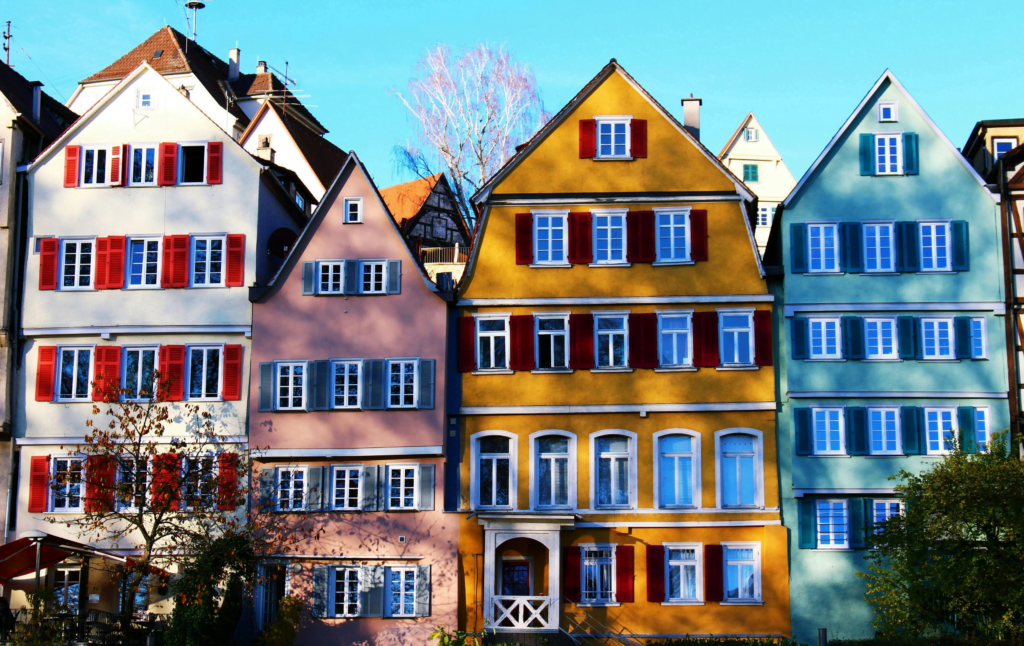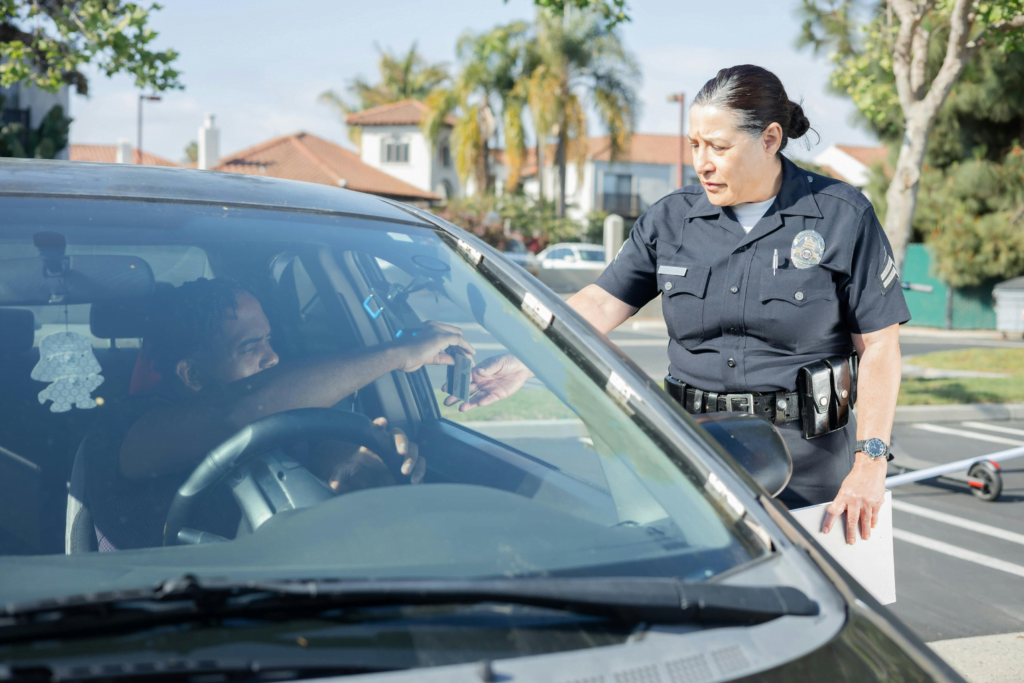
Germany is a land of rich history, vibrant culture, and stunning landscapes. From the majestic Bavarian Alps to the serene Baltic Sea coastline, the country offers a diverse range of experiences. However, what truly sets Germany apart is its unique cultural heritage, deeply rooted in centuries of history and tradition. Whether you are an art lover, history enthusiast, foodie, or adventurer, Germany has something to offer for everyone. This article will guide you through some of the most unique cultural experiences you can have in Germany, ensuring that your journey is as immersive and memorable as possible.
1. Exploring Germany’s Castles: A Fairytale Experience
One of the most iconic images associated with Germany is its breathtaking castles. The country boasts more than 20,000 castles, ranging from majestic fortresses perched on hilltops to grand palaces adorned with intricate architecture. Some of the most famous ones include:
- Neuschwanstein Castle: Located in Bavaria, Neuschwanstein is perhaps the most iconic castle in Germany. Built by King Ludwig II, it inspired Walt Disney’s Sleeping Beauty Castle. The stunning interiors, lavish decor, and the picturesque surroundings make it a must-visit.
- Heidelberg Castle: This partially ruined Renaissance castle, located in Heidelberg, offers spectacular views over the Neckar River and the old town. Its rich history, dating back to the 13th century, and the captivating landscape are sure to transport you back in time.
- Eltz Castle: Nestled in the hills above the Moselle River, Eltz Castle is one of the few castles that have never been destroyed. Its medieval architecture and the surrounding lush greenery make it a true gem for history lovers and photographers alike.
When planning a castle tour in Germany, consider exploring some lesser-known gems like Wartburg Castle, Hohenzollern Castle, or Lichtenstein Castle to delve deeper into the country’s rich feudal past.
2. Oktoberfest: The Ultimate Bavarian Celebration
Oktoberfest, held annually in Munich, is the world’s largest beer festival and a major part of Bavarian culture. Attended by millions of visitors from around the globe, Oktoberfest offers a unique opportunity to immerse yourself in German hospitality, music, and traditions.
- The Festival Grounds: The main celebration takes place at the Theresienwiese fairgrounds, where enormous beer tents, each representing a different Bavarian brewery, are set up. Each tent has its own character, featuring traditional Bavarian bands, hearty food, and, of course, an endless supply of beer.
- Traditional Bavarian Attire: One of the highlights of Oktoberfest is the traditional Bavarian clothing—Lederhosen for men and Dirndl for women. Donning these outfits is almost a rite of passage for attendees, adding to the festive atmosphere.
- Beyond Beer: Oktoberfest is not just about beer; it’s also a family-friendly event with funfair rides, games, and parades. Indulge in local delicacies like pretzels, roasted chicken, and sausages to get a taste of authentic Bavarian cuisine.
If you can’t make it to Munich, don’t worry! Many towns across Germany host their own smaller versions of Oktoberfest, offering a more intimate experience of this beloved Bavarian tradition.
3. Christmas Markets: A Winter Wonderland
Germany’s Christmas markets are legendary, and visiting one is like stepping into a magical winter wonderland. These markets, held in various cities throughout the country, are a feast for the senses, with twinkling lights, festive music, and the aroma of mulled wine and gingerbread filling the air.
- Nuremberg Christmas Market: Known as one of the oldest and most traditional Christmas markets in Germany, the Nuremberg Christkindlesmarkt features charming wooden stalls selling handcrafted ornaments, toys, and delicious treats like Nuremberg sausages and Lebkuchen (gingerbread).
- Dresden Striezelmarkt: Dating back to 1434, Dresden’s Striezelmarkt is another historic Christmas market. Famous for its giant Stollen (fruitcake) and intricately decorated stalls, it’s a great place to shop for unique gifts and soak up the festive cheer.
- Cologne Christmas Market: Set against the backdrop of the stunning Cologne Cathedral, this market is known for its vibrant atmosphere, ice skating rink, and a wide variety of food and craft stalls.
Each market has its own unique charm and traditions, so if you’re in Germany during the holiday season, make sure to visit several to experience the full range of festive magic.
4. The Berlin Wall: A Glimpse into Modern History
For history enthusiasts, visiting the Berlin Wall is an essential part of understanding Germany’s modern history. The Berlin Wall, which once divided East and West Berlin, has become a symbol of the Cold War era and the struggle for freedom.
- East Side Gallery: This 1.3-kilometer-long stretch of the Berlin Wall is now an open-air gallery featuring murals and graffiti by artists from around the world. Each artwork tells a story of hope, resistance, and reunification, making it a poignant reminder of Germany’s past.
- Checkpoint Charlie: One of the most famous crossing points between East and West Berlin, Checkpoint Charlie is now a popular tourist attraction. The nearby museum offers a comprehensive look at the history of the Berlin Wall and daring escape attempts made by East Berliners.
- The Berlin Wall Memorial: This memorial, located at Bernauer Strasse, provides a more somber and reflective experience. The preserved sections of the Wall, along with the documentation center, offer insight into the lives of those affected by the division.
Visiting these sites offers a deep understanding of Germany’s complex past and its journey towards reunification.
5. Culinary Tours: A Taste of Germany
German cuisine is much more than just sausages and beer. Each region has its own unique dishes and flavors, reflecting the country’s diverse cultural influences. Embarking on a culinary tour is a delicious way to experience Germany’s rich gastronomic heritage.
- Berlin’s Street Food Scene: Berlin is famous for its street food culture, particularly the iconic Currywurst (a sausage topped with curry ketchup) and Döner Kebab, brought over by Turkish immigrants. For a more local experience, try visiting the Markthalle Neun, a vibrant food market offering everything from artisanal cheeses to vegan delicacies.
- Bavarian Delights: In Bavaria, indulge in hearty dishes like Schweinshaxe (pork knuckle), Weisswurst (white sausage), and Obatzda (a cheese spread typically served with pretzels). Pair these with a glass of locally brewed beer for an authentic Bavarian meal.
- Wine Tasting in the Rhine Valley: Germany is also known for its wines, particularly Rieslings from the Rhine and Moselle regions. A wine-tasting tour through the scenic Rhine Valley, with its rolling vineyards and charming villages, is a must for any wine enthusiast.
Exploring Germany’s culinary landscape will not only satiate your taste buds but also provide insight into the country’s regional diversity and history.
6. Traditional Folk Festivals: Beyond Oktoberfest
While Oktoberfest is the most famous, Germany has a variety of traditional folk festivals throughout the year, each offering a unique glimpse into local customs and traditions.
- Carnival (Karneval or Fasching): Celebrated mainly in the Rhineland and southern Germany, Carnival is a colorful festival marked by parades, costumes, and parties. Cologne hosts one of the biggest celebrations, with hundreds of thousands of revelers taking to the streets.
- Cannstatter Volksfest: Held in Stuttgart, this festival is often called the “little Oktoberfest.” It features beer tents, fairground rides, and a lively atmosphere, making it a great alternative for those looking to experience Bavarian culture outside of Munich.
- Schützenfest: This marksman’s festival, held in Hannover, is the largest of its kind in the world. It combines traditional shooting competitions with carnival rides, parades, and music, offering a unique blend of entertainment and local culture.
These festivals provide an authentic taste of German traditions, allowing visitors to connect with the local communities and experience a sense of Gemütlichkeit—a uniquely German concept of warmth and friendliness.
7. The Romantic Road: A Scenic Journey Through Medieval Germany
The Romantic Road is a 350-kilometer-long route stretching from Würzburg to Füssen, taking you through some of Germany’s most picturesque towns and landscapes. This scenic drive offers a unique blend of history, architecture, and natural beauty.
- Rothenburg ob der Tauber: One of the best-preserved medieval towns in Germany, Rothenburg is like stepping into a fairy tale. Wander through its cobblestone streets, admire the half-timbered houses, and visit the Christmas Museum for a dose of holiday cheer year-round.
- Dinkelsbühl and Nördlingen: These charming towns are known for their well-preserved medieval walls and towers. Explore the historic market squares, enjoy a coffee at a local café, and soak in the tranquil atmosphere.
- Füssen: The final stop on the Romantic Road, Füssen is nestled in the foothills of the Alps. From here, you can visit Neuschwanstein Castle or take a hike in the stunning Alpine surroundings.
Traveling the Romantic Road is like taking a journey back in time, offering a glimpse into the country’s medieval past and the beauty of its rural landscapes.
Final Thoughts
Germany is a country of contrasts, where tradition and modernity coexist harmoniously. Whether you’re exploring the historic streets of Berlin, enjoying a pint at Oktoberfest, or wandering through the romantic castles of Bavaria, the cultural experiences here are as diverse as they are enriching. Each region has its own unique charm and stories to tell, making Germany a destination that deserves to be explored thoroughly. So pack your bags, immerse yourself in the local culture, and get ready to create unforgettable memories in this beautiful country.


